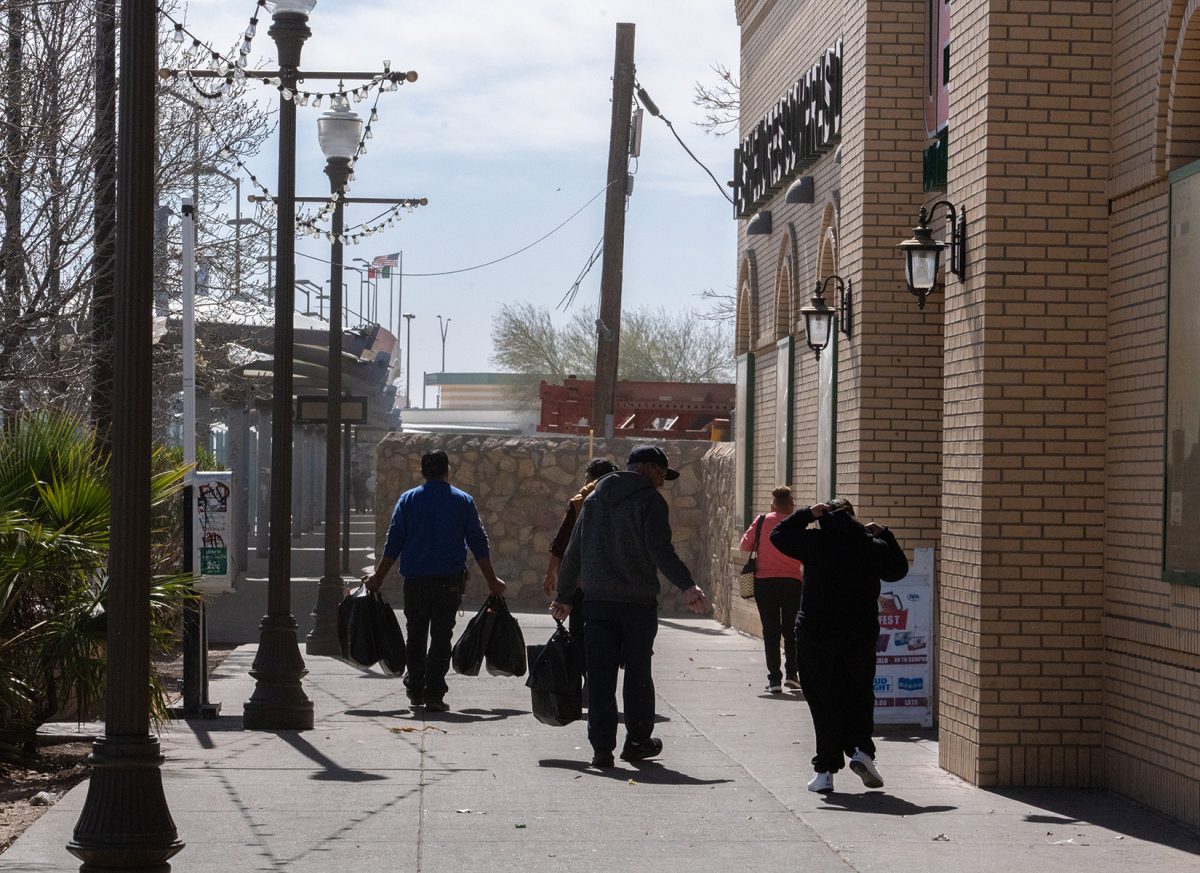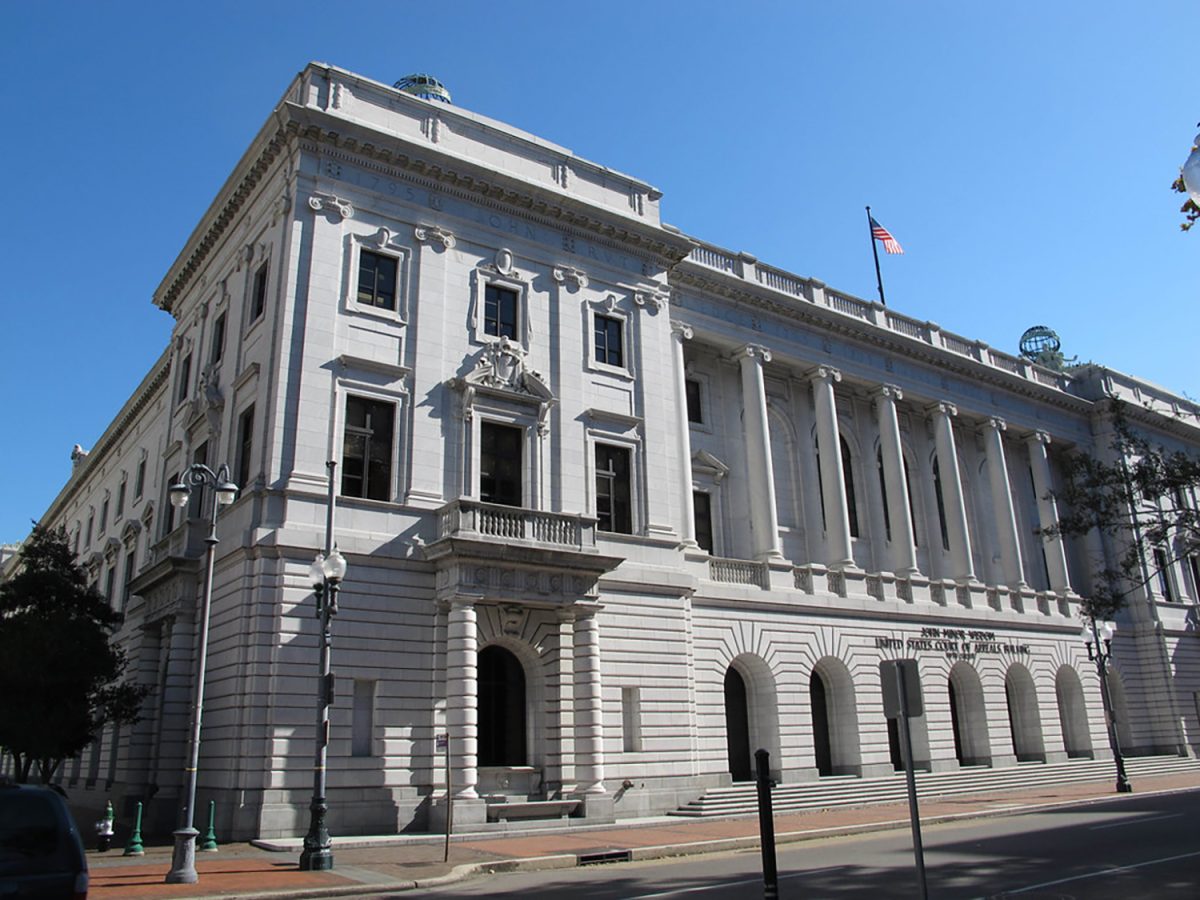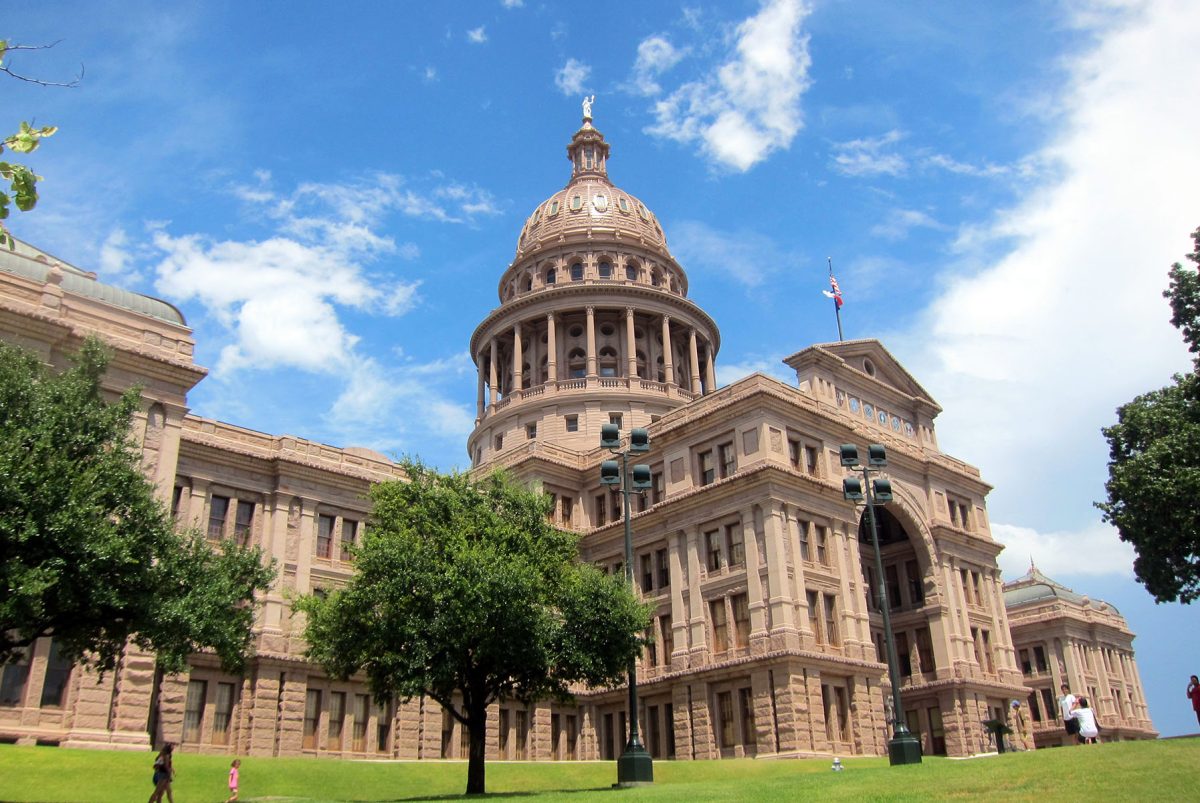As of August 20, the Texas Department of Public Safety (DPS) effectively barred Transgender Texas residents from changing their gender on state issued Driver’s licenses and state-issued IDs, no longer allowing one to align with their respective identity marker.
Made without legislative oversight, the policy shift was prompted by Texas Attorney General Ken Paxton who questioned “the validity” of court orders used to amend gender markers.
The policy reflects a growing trend of anti-LGBTQIA+ policies made across the state. Texas lawmakers have introduced more than a dozen anti-LGBTQIA+ measures during the 2023 legislative session, including Governor Greg Abbott’s directive to investigate gender-affirming care as child abuse.
This DPS change could affect nearly 93,000 transgender residents living within Texas, with nearly 3,000 of those individuals residing in the El Paso area.
Amber Perez, executive director of the Borderland Rainbow Center in El Paso Texas, spoke on the broader implications of this shift, emphasizing concerns on the mental toll of individuals affected.
“I can’t even imagine having the state tell me, ‘You know what, you can’t be who you are,’” said Perez. “The pressure must be insurmountable.”
States where lawmakers have aggressively pursued anti-trans legislation, including Texas and Arkansas, have experienced extraordinarily high levels of suicide risk, according to The Trevor Project, a non-profit organization dedicated to LGTBQIA+ suicide prevention.
For those affected, it’s a daily struggle to navigate a state system that appears to increasingly marginalize them further.
Passports and other avenues for identity documentation still exist, but the options are narrowing.
This policy change has also brought forth serious privacy concerns among LGBTQIA+ individuals.
DPS employees are now instructed to send the names and identification numbers of individuals requesting sex changes to their license to an email address with the subject line “Sex Change Court Order.”
Perez voiced the uncertainty surrounding this new data collection.
“What happens is if you go in there and you try to change your gender marker, they’re going to say nope, you can’t do it,” said Perez. “So let me take down your information. We’re going to put you on a list. But we don’t know what’s happening with that list.”
For many advocates, the policy shift signals not just an attack on transgender rights, but a broader erosion of civil liberties.
Perez, along with other community organizers and state leaders the Borderland Rainbow Center partners with, predicts a wave of emigration from Texas, especially among those who can afford to leave.
This “brain drain,” as Perez describes it, has economic ramifications beyond the immediate damage to LGBTQIA+ individuals.
“We’re going to see an exodus of people, which happened last year,” said Perez. “We’re going to see companies who don’t share these same ethos not wanting to come here. So, this is going to have an economic effect that I don’t think legislators are really thinking about.”
Despite the unsettling news, Perez and other advocates urge Texans to remain vigilant and proactive. The Borderland Rainbow Center’s social media channels continue to outpour information as it comes in and provide guidance for those affected on both their legal rights and their options.
Rumi Sevilla is a staff reporter for The Prospector and may be reached at [email protected]









Sam • Sep 19, 2024 at 6:08 PM
Was the party supporting the ban asked questions regarding the new ban? What are the reasons the ban was put into place?